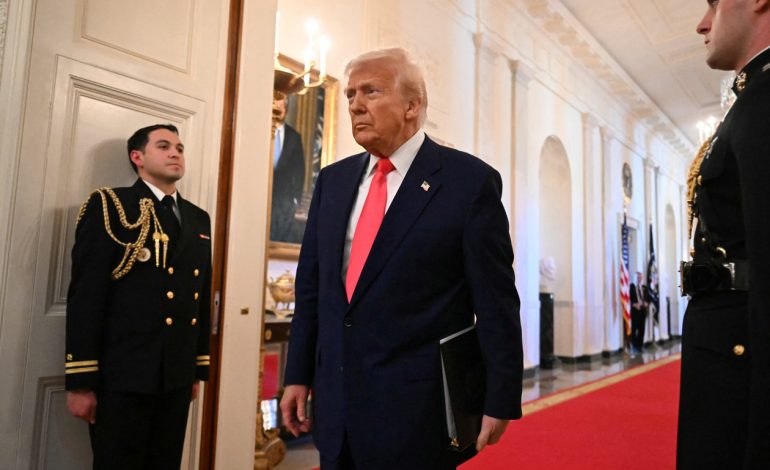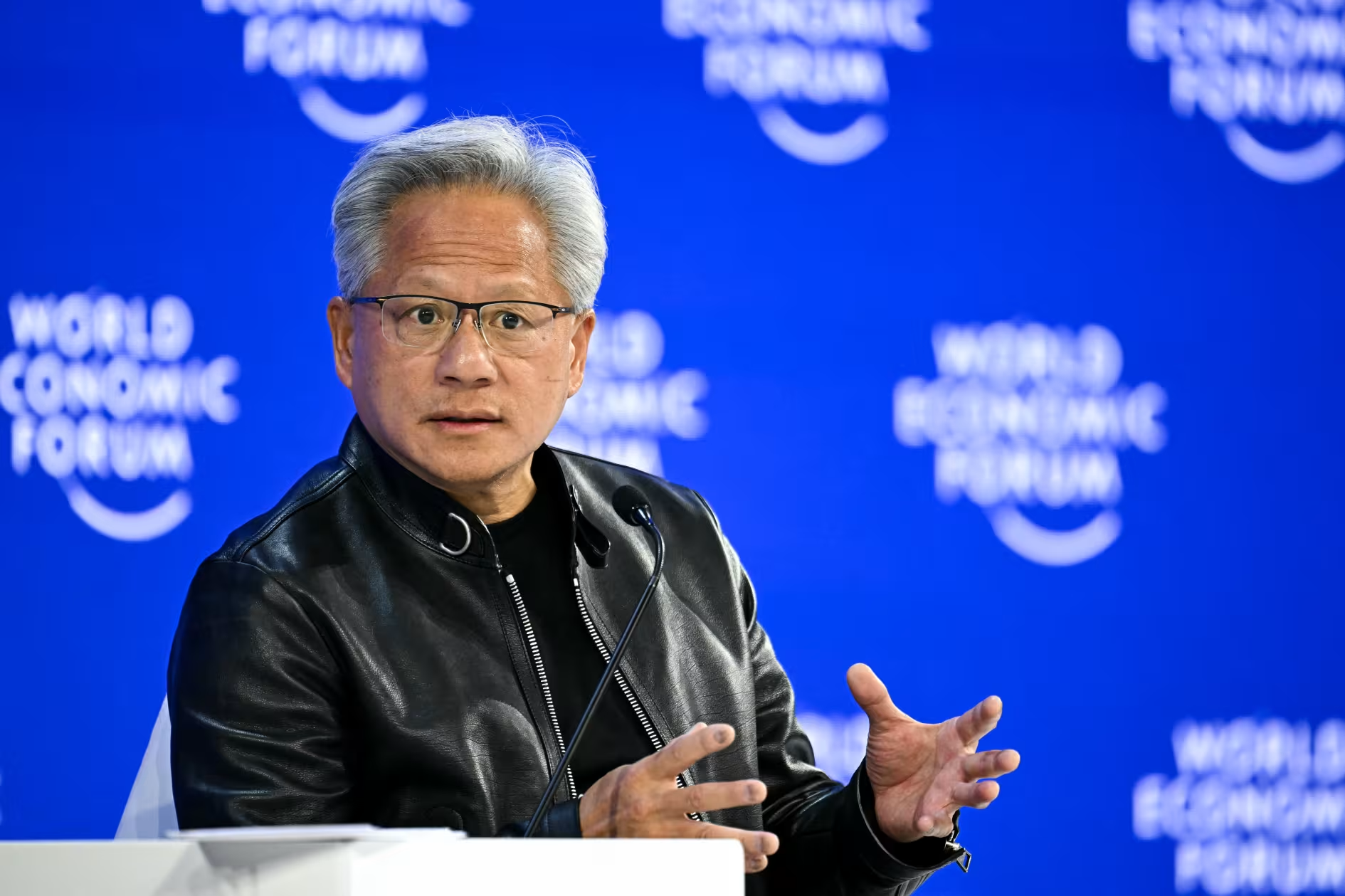Trump’s New Trade Policy Sparks Uncertainty for Businesses

President Donald Trump has dramatically reshaped US trade policy by imposing sweeping tariffs on key trading partners, upending decades of established economic strategy.
The latest round of tariffs, which took effect shortly after midnight on Wednesday, affects more than $2 trillion worth of imports and has sent shockwaves through businesses, markets, and global supply chains.
The Trump administration argues that these tariffs are necessary to revitalize American manufacturing and safeguard national security. However, the economic impact is expected to be significant, with higher consumer prices and disruptions to international trade. The overall tariff rate in the US has now risen to its highest level in over a century.
As tariffs push prices higher, American consumers could face steep increases, such as a 33% rise in clothing costs. Analysts warn of a broader economic slowdown as declining trade weakens production abroad and reduces sales in the US Stock markets have reacted negatively, with the S&P 500 experiencing a sharp drop, while international markets, including those in Japan and Germany, have also been affected.
Despite economic concerns, the White House has attempted to ease fears by initiating trade discussions with Japan, Vietnam, and South Korea. However, Trump has shown reluctance to grant trade exemptions as he did in his first term, meaning negotiations could take time and may not lead to immediate relief for businesses.
A key focus of the tariffs is China, the US’s third-largest supplier of imports. Trump has threatened to impose an additional 50% tariff on Chinese goods unless Beijing reverses its retaliatory measures. China has condemned the move, calling it “bullying” and warning of prolonged trade hostilities.
The uncertainty has left US businesses struggling to adapt. Companies that have relied on Chinese manufacturing, such as toy maker Basic Fun!, have been forced to suspend shipments as tariffs on certain Chinese goods climb to 104%.
Washington’s business lobbyists have been working frantically to decipher the administration’s trade strategy and seek relief for affected companies. Many are unsure who within the White House holds the most influence over trade policy, leading to confusion about how best to engage with the administration.
Some trade groups have expressed frustration over the lack of clear communication from the White House. The Consumer Technology Association, which represents major firms like Apple and Amazon, has received no response to its appeals for discussions. Meanwhile, Republicans in Congress are facing increasing pressure from industries impacted by the tariffs, with some lawmakers voicing concerns about their long-term economic consequences.
Experts warn that the economic risks associated with the tariffs could grow if uncertainty persists. Analysts predict that the measures could lead to the loss of 600,000 US jobs and reduce household purchasing power by thousands of dollars. Businesses are struggling to plan for the future, with many holding off on shipments and investments until trade policies become clearer.









The latest news in your social feeds
Subscribe to our social media platforms to stay tuned